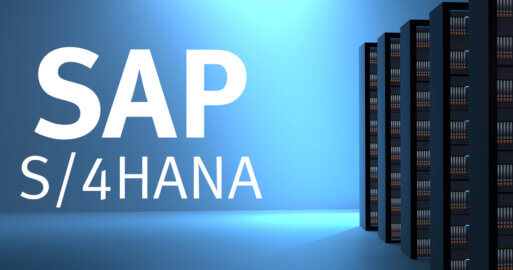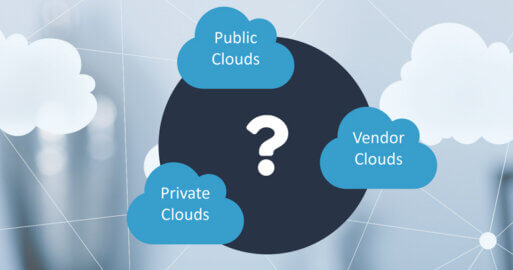Are You Absolutely Certain of Your Readiness for Migration to S/4HANA?

The migration to SAP S/4HANA is a compelling event (like it or not). SAP have publicly stated they will no longer support SAP ECC after 31.12.2027, or with extended maintenance beyond 31.12.2030. The bottom line is that if you want a supported SAP platform, you need to have moved to S/4HANA by the respective date. Below we point out some areas for consideration when planning your migration to S/4HANA.
Migration: S/4HANA Status (as of 2020)
According to a joint survey by the Americas’ SAP Users’ Group (ASUG) and the German-Speaking SAP User Group (DSAG) that was published in E-3 magazine, an average of 62.5% of their members are in the process of implementing SAP S/4HANA, or are planning to do so. Whilst on average 14% of their members are already live with S/4HANA.
Integration: S/4HANA Capability
This is a concern when considering the multi-system and multi-service ecosystems that we operate in, where we expect all manner of IT components to exchange data, be that with traditional methods such as EDI or Managed File Transfer, or by way of embracing newer methods such as APIs etc. See an example of a third party specialist integration with SAP.
In a blog published by the UK & Ireland SAP User Group, it explains that although SAP is most likely the lifeblood of your IT ecosystem, a common misperception is to think of it as being in a bubble. The integration requirements of other major in-house systems such as HR, DBMS, CMS etc. all need to be factored in to your S/4HANA migration planning. External services that reside beyond the edge such as e-Invoicing, Clouds for CRM, file sharing, iPaaS etc. all need to have their integration requirements taken into account too.
Migration + Integration: The Desirable Combination
If you’ve read this far, you’ll have likely grasped the fact that within the inter-connected IT world in which we operate, the journey to arrive at S/4HANA is not simply one of migration alone. More so it’s a journey of both migration and integration in equal measure. What you need at your disposal to avoid the integration pitfall that SAP and your SI(s) leave behind, is specialist integration capability.
Specialist integration capability is provided by what Gartner calls a Hybrid Integration Platform (HIP).
A good HIP should not only provide deep SAP integration (including S/4HANA, Ariba and Success Factors), but should also provide other integration capability such as: B2B/EDI, MFT, E-Invoicing, IoT, API and EAI capability. You should also be free to choose where such integration capability is deployed: on the ground, in a private or public cloud, or across a hybrid of the two.
Next Steps
We would strongly encourage you to consider the HIP approach to address your integration requirements as part of your S/4HANA integration journey, and to choose a third-party that has a proven track record in delivering both SAP and non-SAP integration capability.
At SEEBURGER, we were one of the first in the world to receive SAP certification. Our comprehensive range of connectors for our Hybrid Integration Platform (HIP) allow our customers to quickly integrate both their SAP and non-SAP systems.
Thank you for your message
We appreciate your interest in SEEBURGER
Get in contact with us:
Please enter details about your project in the message section so we can direct your inquiry to the right consultant.
Written by: Ian Goldsmith
Ian Goldsmith is Business Development Director at SEEBURGER, a global market leader in business integration software. With ~25 years integration experience spanning development, consultancy management, pre-sales, solutions management, account management and marketing, he is well versed in understanding integration requirements of today (and tomorrow) from all angles. Ian, has utilised his industry and technical knowledge to brief Industry Analysts and ‘C’ level execs on numerous occasions, and has won awards along the way for outstanding work with clients.





